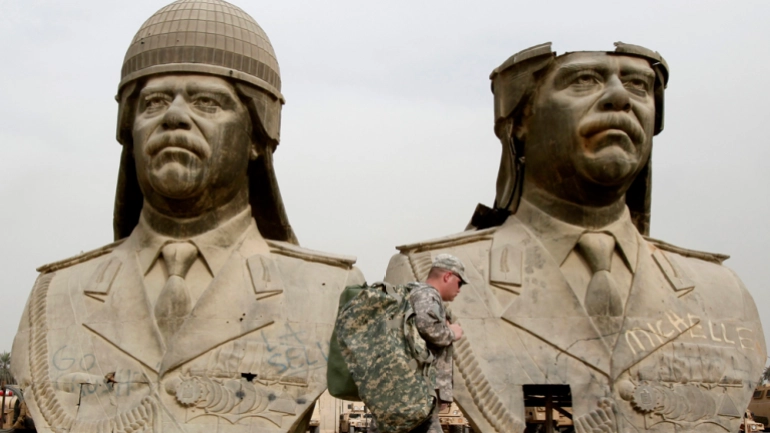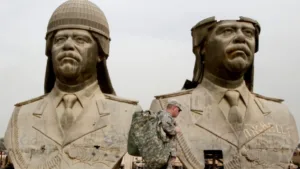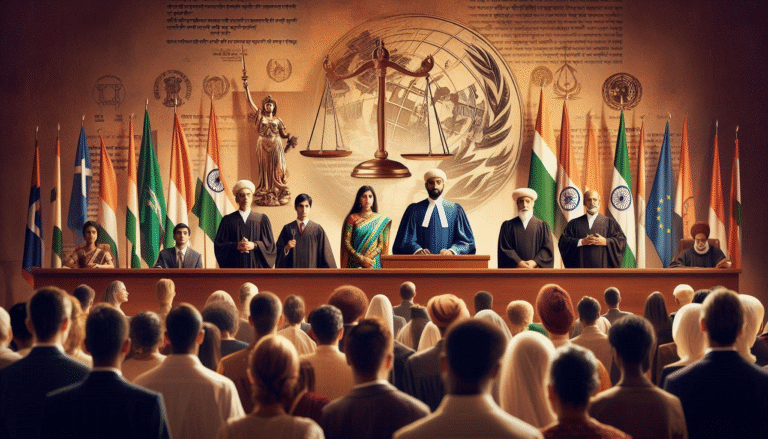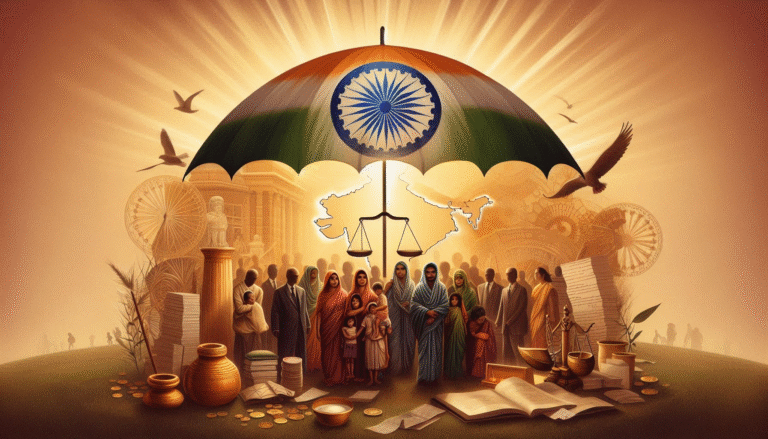
The US-led war in Iraq and Saddam's Arab legacy

Many Arabs consider the late Iraqi dictator Saddam Hussein to be a true leader who opposed Western imperialism, Zionist occupation of Palestine, and outside meddling in the area. But, for the majority of Iraqis, Saddam was a despotic dictator whose 25-year rule from 1979 to 2003 was characterised by ruthless authoritarianism, repression, and injustices, particularly against the Shia and Kurdish populations of the nation.
Twenty years after the US-led invasion of Iraq in 2003, which, in the words of former US President George W. Bush, attempted to “liberate the Iraqi people” from their oppressor’s control, Saddam’s memory remains polarising and contentious.
But for many, the invasion’s ensuing economic and political upheaval lionised Saddam and his legacy more than ever. According to Fanar Haddad, an expert on Iraq and assistant professor at the University of Copenhagen, Saddam “embodied the image of the strongman who stood up to the US, Israel, and Iran – all the traditional ‘baddies’ in the regional story.
After the 2003 invasion, this story become more in-depth as a reaction to the occupation and order that had taken hold. According to him, the fetishization of Saddam was a reaction to what had occurred.
Palestinian rights
When Saddam came to power in 1979, the Baath party, of which he was a part, advocated for the union of Arab nations, propagated anti-imperialist and anti-colonialist rhetoric, and nationalised Iraqi oil by acquiring foreign-owned shares in the early 1970s. As it worked to diversify Iraq’s economy and improve its infrastructure, social services, and educational system, it also flaunted the foreign policy of regional power.
The Arab Liberation Front was a tiny Palestinian political party that eventually became led by Saddam and joined the Palestine Liberation Organization. It was founded in 1969 by the Iraqi-led Baath party PLO.
The party promoted a pan-Arab philosophy that held that Iraq should fight for Arab interests in the Israeli-Palestinian conflict rather than one that was specifically Palestinian. It was not surprising that many Arabs accepted Saddam’s character as their defender and, particularly, a champion of the Palestinian cause when he was elected president.
A defining milestone for Saddam’s reputation occurred when he fired four Scud missiles into Israel in the early hours of January 18, 1991. Three of the Iraqi attacks that hit Tel Aviv, Israel, came a day after Bush launched an attack on In response to the assaults, Saddam defended us while no other Arab leader did, according to Jerusalem resident Manal Mustafa. She would always remember him for that, the 72-year-old woman stated.
During a period when Palestinian refugees in other Arab countries lived in decaying refugee camps and had limited access to jobs, healthcare, and education, Saddam also gave thousands of Palestinians asylum in Iraq and accorded them the same rights as Iraqi citizens. Palestinians in Saddam’s Iraq had a unique status that made them eligible for government jobs, free education, and state housing.
Hadhami Khraief, a Tunisian journalist who grew up in the 1980s and 1990s, regarded Saddam’s stirring speeches in support of Palestinian and Arab rights as an “outlet” for her generation’s grievances with what she called the We weren’t worried about his administration of Iraq, Khraief stated. “The shared cause of Palestine brought us together. We saw Saddam as a voice for us when he said that his nation fully supported the Palestinians,” she continued.
Gulf Wars, Iraq and Arab “strongmen”.
Independent political analyst Mamoon Alabbasi claims that the first Gulf War between Iran and Iraq helped to increase Saddam’s popularity in the region and distinguished him from other Arab leaders who were viewed as “stooges installed by Western powers” because he “fought foreign intervention” by Iran.
Unlike to the Iran-Iraq War, where many Arabs backed Saddam for thwarting what they perceived as an external danger, Arabs did not support Saddam for his 1990 invasion of Kuwait, a fellow Arab state. Most Arabs would have continued to view Saddam Hussein as a national hero if it weren’t for his unfortunate choice to invade Kuwait, retired Iraqi Brigadier General Sobhi Tawfiq told Al Jazeera. And the destruction and poverty brought on by the cruel [UN] sanctions and blockade would not have affected Iraq.
Iraq was subjected to an embargo by the UN when Baghdad invaded Kuwait, leaving its citizens without access to food, medicine, and other necessities. Nonetheless, although the people of Iraq suffered under the siege, Arabs praised Saddam for his steadfastness.
Additionally, the 2003 US-led invasion of Iraq, Saddam Hussein’s execution on the eve of Eid al-Adha in 2006, the multi-layered decline of the nation that followed, and the escalation of sectarian conflict, political unrest, and widespread corruption under American occupation all but erased the wrongs committed by the Iraqi dictator from Arab memory. Contrary to what Saddam’s opponents desired, the invasion of Iraq was a turning point that preserved his legacy. It demonstrated how well he had resisted Western arrogance, Khraief added. She said, The day of his execution left us with enormous anguish.
The US’s allegations that Iraq had WMD were unfounded, but the invasion still left a path of devastation in the area that later gave rise to the ISIL ISIS armed group. Iraqi animosity and sentimentality
Even after the US-led invasion of Iraq, many Arabs continued to support Saddam, but the majority of Iraqis remained to loathe him for his violent authoritarianism, which separated Iraqi society.
According to Iraqi author Saman Nouh, “most Iraqis still view him as a dictator and tyrant who ruined and impoverished Iraq, wasted its economic potential and human resources, and caused it to slip backwards for decades.
A former head of the Writers’ Union in Najaf and professor from Iraq named Farris Haram told Al Jazeera that while Saddam had a sectarian mindset and “oppressed Shia and Kurds in a focused manner,” he was also a criminal and unjust to everyone.Harram claimed that the sentimentality was naive. Several Iraqis today believe that Saddam protected the country’s sovereignty and consider his corruption and human rights abuses to be minor in comparison to what we went through under the post-2003 administration.
Iraqis should be cautious when drawing such similarities because Saddam was unfair and criminal towards all Iraqis in terms of freedoms and rights.







